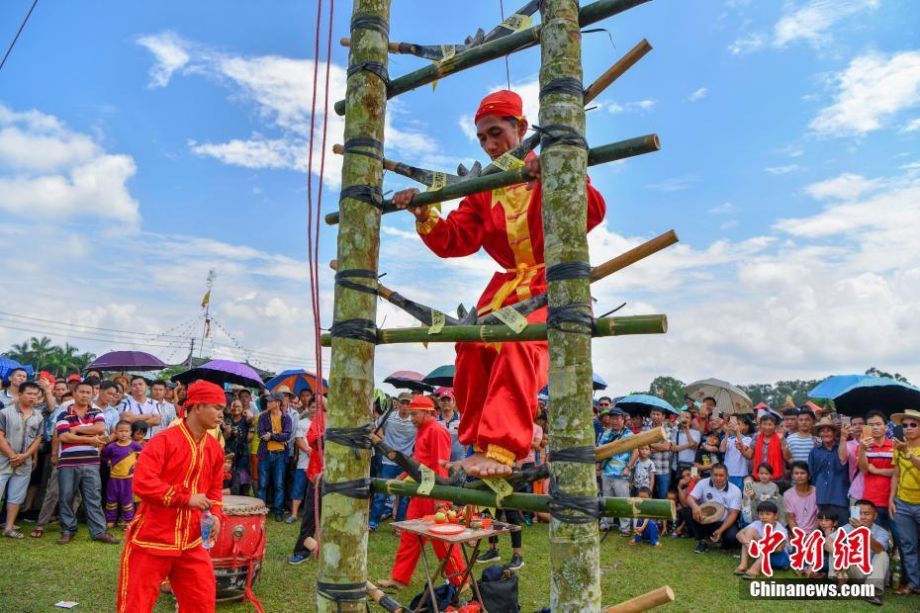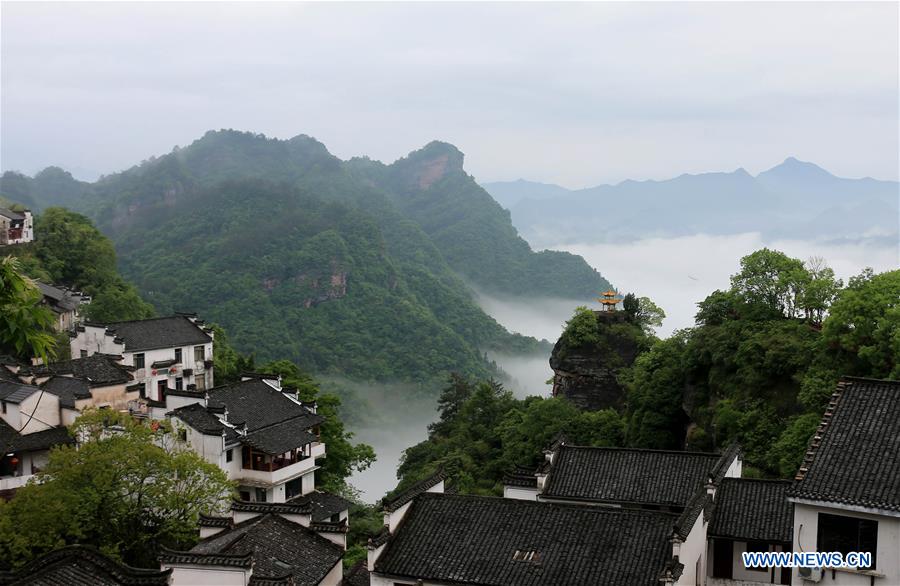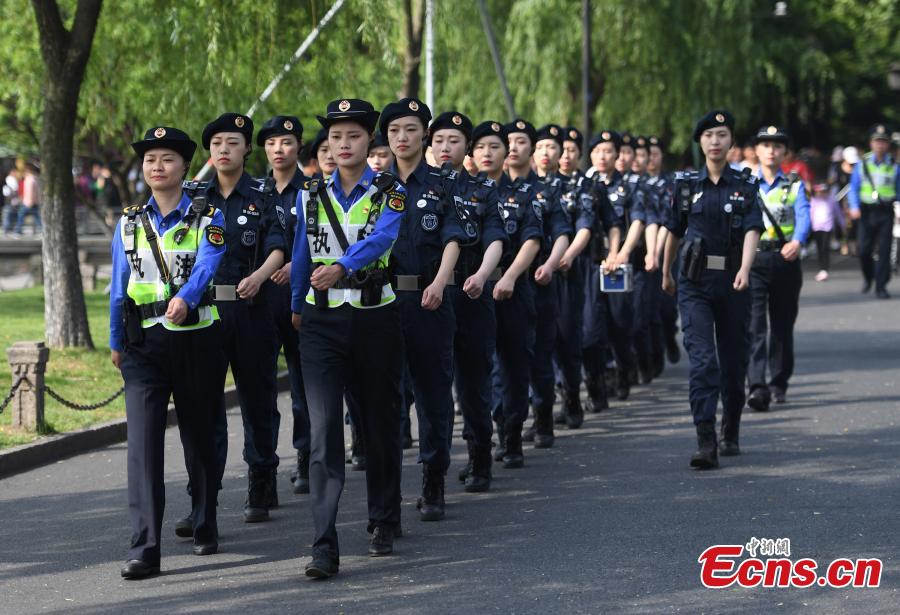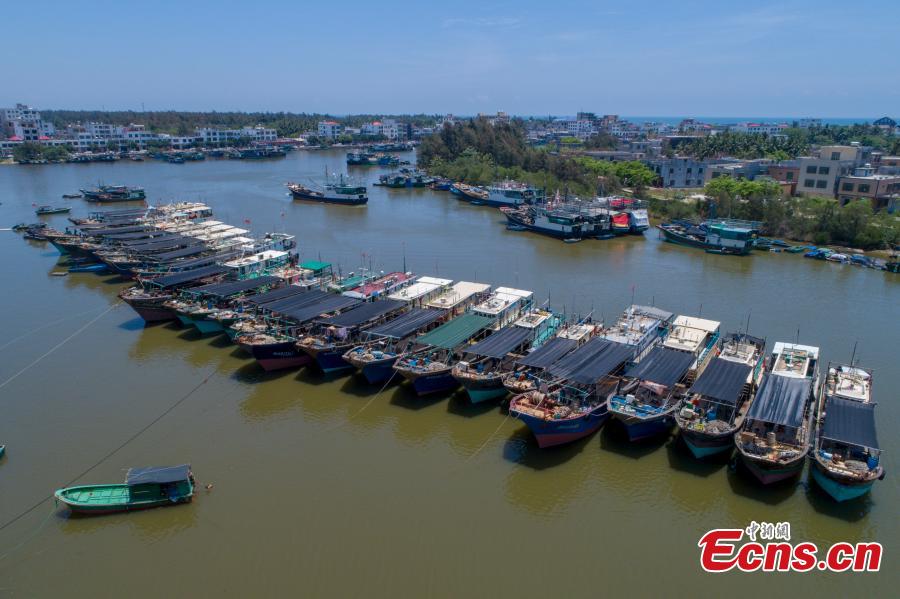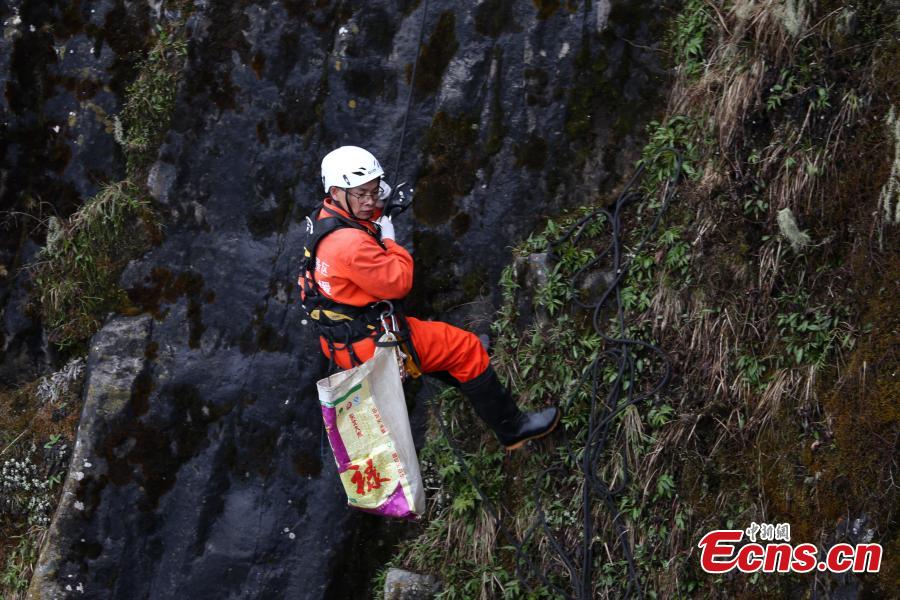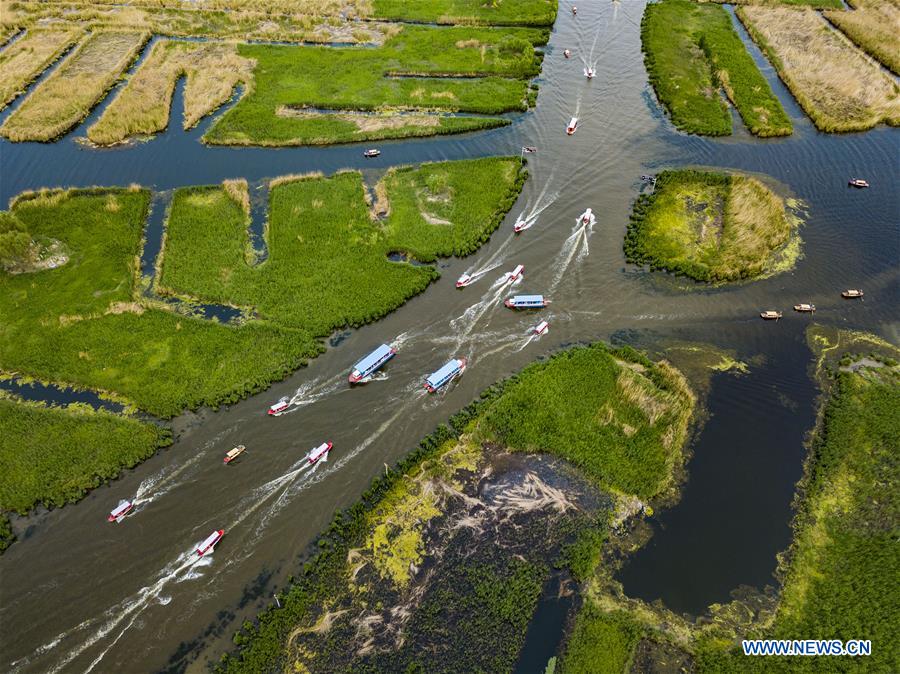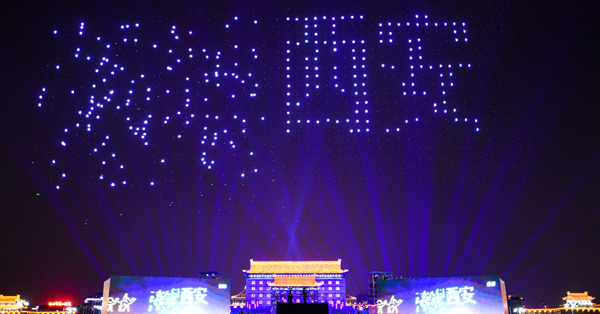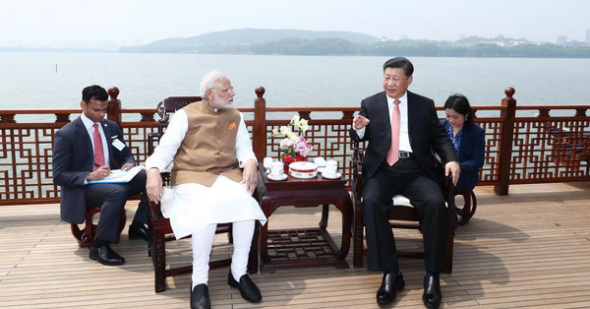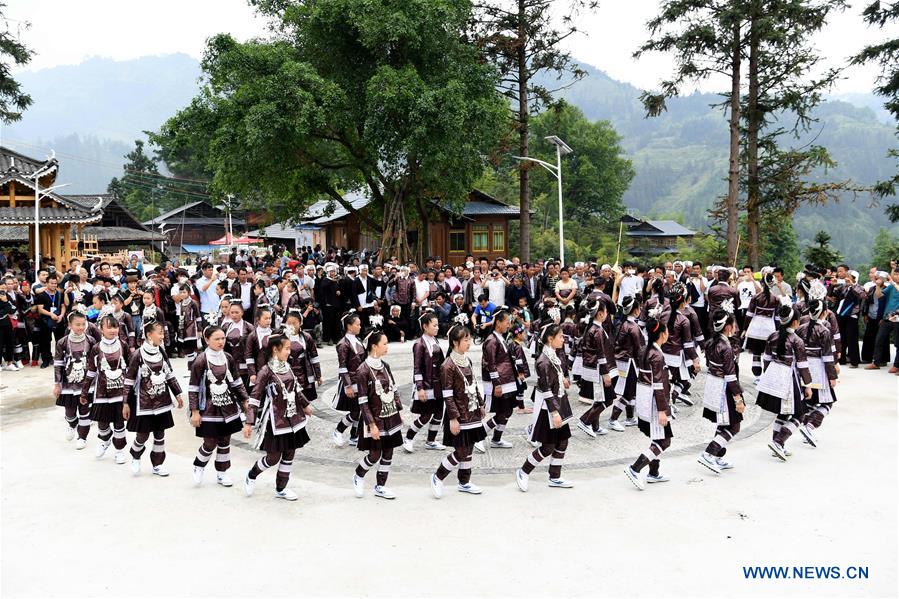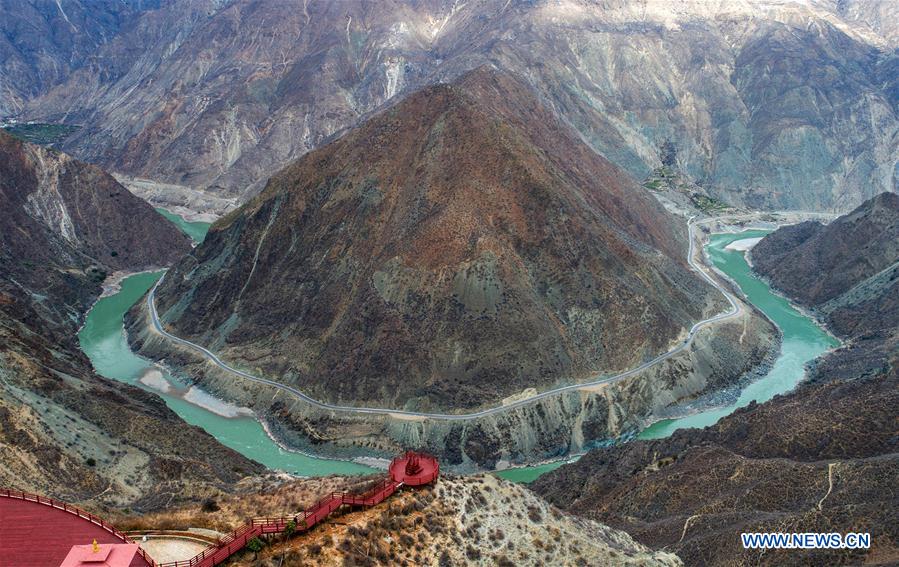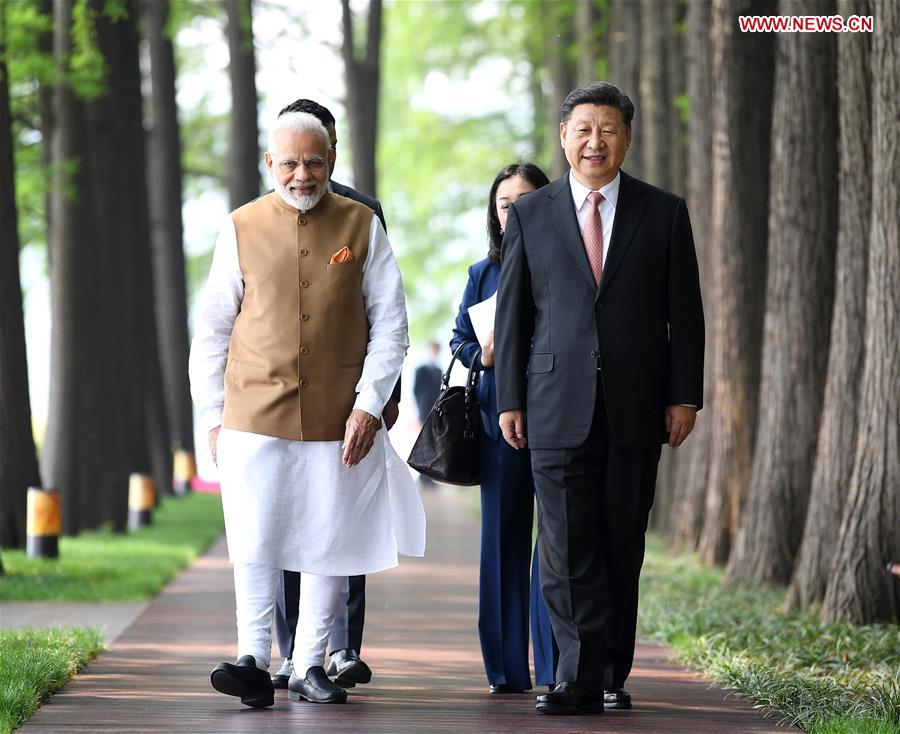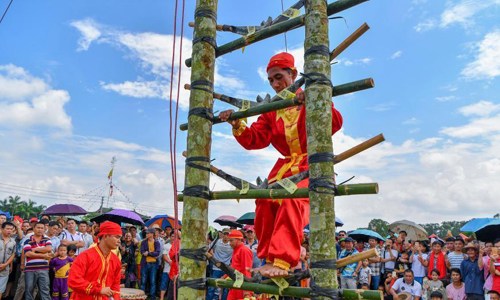"We hope to strengthen and enhance the win-win cooperation model with the ICT industry in New Zealand through this visit, and hope in the future to extend such models to other Huawei operations around the globe."
A stable telecommunications network, especially during earthquakes, tsunamis and other emergencies, was the ultimate social responsibility of network infrastructure manufacturers, said Ren.
"Cyber-security is a significant challenge facing our industry globally today. The solution must involve governments, telecommunications operators and ICT companies, including Huawei and our peers, as well as end users coming together to take collaborative, solutions-oriented, multi-lateral approaches to mitigate the risk," he said.
Huawei equipment was almost non-existent in current US networks, and the company had never sold any key equipment to major US carriers or to any US government agency.
"Huawei has no connection to the cyber security issues the US has encountered in the past, current and future," said Ren.
Huawei, which began operating in New Zealand in 2005, was " deeply embedded in the New Zealand ICT ecosystem."
The company employed 120 people in New Zealand -- 90 percent of them hired locally -- and intended to employ even more staff and increase its investments in New Zealand.
Over the last three years Huawei's total direct investment in New Zealand was 139 million NZ dollars (142.24 million US dollars).
Read more: Trade barrier motivates US Huawei, ZTE allegations
Huawei, ZTE reject subsidy allegations











